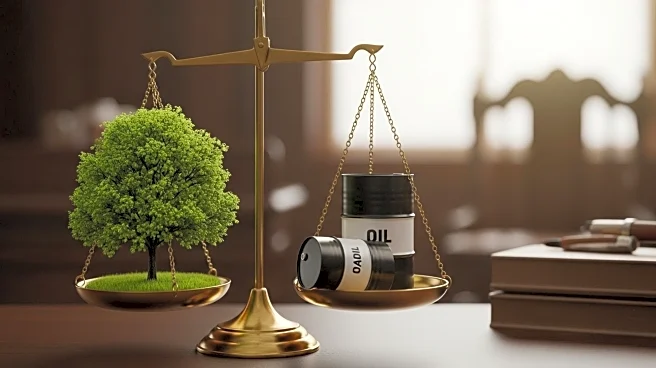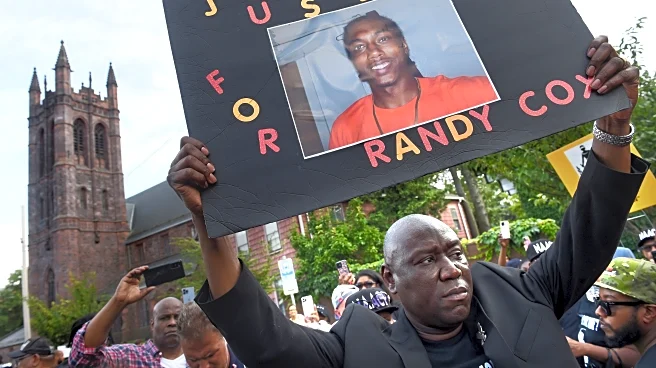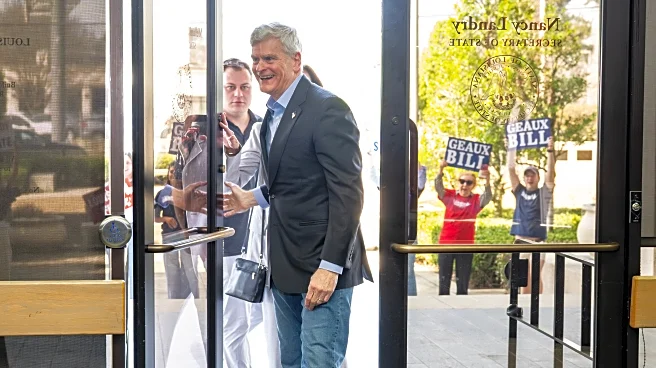What's Happening?
Puerto Rico's lawsuit against major fossil fuel companies, including ExxonMobil, BP, Chevron, Shell, and ConocoPhillips, was dismissed due to the statute of limitations. The lawsuit claimed these companies misled the public about climate change and delayed the transition to clean energy. The judge ruled that the island missed the three-year statute of limitations, as most damage occurred during Hurricane Maria in 2017. Despite the dismissal, legal experts suggest antitrust laws could be a promising strategy for future climate litigation against Big Oil, focusing on their alleged collusion to block renewable energy development.
Why It's Important?
The dismissal of Puerto Rico's lawsuit underscores the challenges faced in holding fossil fuel companies accountable for their role in climate change. The potential use of antitrust laws offers a new avenue for litigation, which could address the industry's alleged anti-competitive practices and accelerate the transition to clean energy. Successful litigation could lead to significant changes in the energy market, promoting innovation and reducing reliance on fossil fuels. This development highlights the ongoing legal battles in the climate arena and the need for effective strategies to address corporate accountability.











